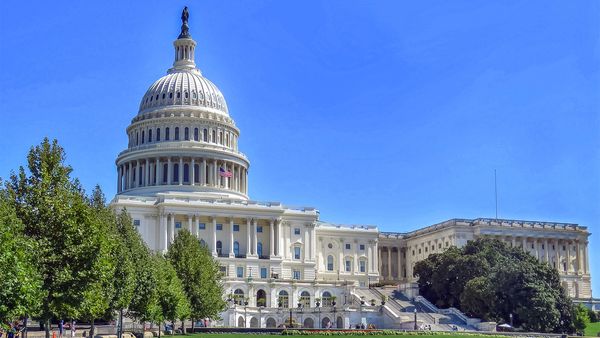
A rich history has always enveloped the seat of Griffith on Brisbane’s south side. Named after Sir Samuel Griffith, a former Queensland premier who helped draft the Australian Constitution, it’s been won by both big parties, but in recent decades it has been home to Labor luminaries.
Ben Humphreys, one of the nation’s most popular politicians, held it from 1977 until he retired in 1996 when Kevin Rudd wanted it. Rudd failed first time around, but won it in 1998.
Rudd introduced genuine local politics to the big city electorate, giving away bikes at local schools, attending several events each day, and regularly setting up a small table on street corners, outside of the election campaign period.
Enough history. Now it is held by the opposition spokesman for the environment and water Terri Butler, who won it at a byelection on Rudd’s retirement. But it is the prize seat in 2022 for the Greens to add, and the party is throwing everything they can at it — to unseat the party they will preference.
More than 86,000 homes in the seat have been door-knocked. And while that traditional means of winning voters over has become less powerful, more than 30,000 voters have had a “conversation” on their doorstep.
This dwarfs the mighty campaign several years ago when federal Greens’ Leader Adam Bandt campaigned to win the seat of Melbourne. And it’s working. This is a race between Labor and the Greens.
The Liberal candidate, Olivia Roberts, is a construction litigation lawyer and the party’s candidate last time round but won’t be changing jobs on May 21. One Nation and the United Australia Party will have much less impact here, where housing commission homes are increasingly becoming million-dollar mansions, than in seats outside the state’s busy south-east corner.
The safe money is on Butler, but the new money might follow Max Chandler-Mather, who was the campaign manager for the Greens’ successful elevation to city council and the Greens’ key strategist for the past two state elections.
He’s run in the seat before too, and lost. That’s a point Labor is quick to point out, along with the fact that it was one of the few seats to also swing to Labor in 2019. But Chandler-Mather managed a 7% swing, in a seat that at local and state level is increasingly looking green-hued.
Labor is pushing the line that the only way to dispense safely with Scott Morrison is to vote Labor; don’t risk it on a Greens or an independent. And that might be right. If a swing is on, Butler might well be carried to victory on that.
But it would be foolish to write Chandler-Mather off. The Greens’ visibility in the election dwarfs Labor’s, and the party is capitalising on frustration among voters with both big parties.
They are indistinguishable on many big issues, the army of Greens’ supporters tell voters during daily door-knocks. And on local issues, like flightpaths, Labor’s just given up. Here, the Greens are taking on Labor, in a way they don’t often.
Chandler-Mather needs to shave 3.5% of Butler to take her seat. No doubt Labor remains the favourite. But as race after race shows, the favourite doesn’t always get up.
The Greens have been training long and hard in Griffith. They’re hoping this time it’s the outsider who takes the prize.







